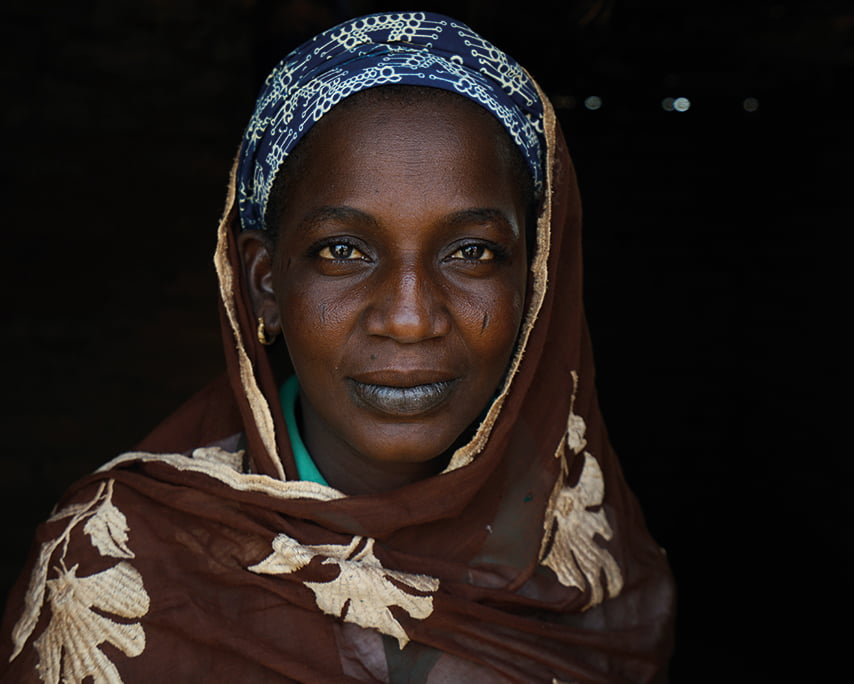World Day to Combat Desertification and Drought
The world faces severe environmental crises, including the loss of plants and animals, the transformation of land into deserts, and climate change. These issues are not distant threats but immediate challenges, as our current use of Earth’s resources is causing significant harm to the planet and people’s health. As we mark the World Day to Combat Desertification and Drought under the theme ‘United for Land. Our Legacy. Our Future,’ the time to invest in our planet and strive for harmony with nature is now.
Human activities such as deforestation, pollution, climate change and overexploitation of natural resources significantly reduce natural resources. When nature declines, the services it provides – clean air, water, food, disease control, economic benefits, cultural significance and environmental stability – are all at risk. It is important to note that ecosystems with a wide variety of plants and animals are better at handling changes and disruptions. Therefore, to ensure our ecosystem’s stability and resilience, everyone must ensure the planet’s overall health. On a macro level, protecting and repairing nature involves restoring degraded habitats such as forests, wetlands, grasslands and coral reefs, protecting endangered and threatened species and promoting sustainable agricultural, forestry and fishing practices. All these measures are reasonable. However, without education and awareness of biological diversity, people may not understand the importance of natural diversity, leading to apathy or lack of concern for conservation efforts. People must understand the delicate balance of ecosystems to avoid engaging in unsustainable practices such as overfishing, deforestation or habitat destruction, which lead to biodiversity loss.
Over centuries, traditional practices have evolved, finely tuned to local environments. These techniques, such as agroforestry, rotational farming, and natural water management, are not just effective in preserving soil fertility, preventing erosion, and maintaining biodiversity, but they also embody our cultural heritage. By prioritising balance and sustainability, these methods preserve the health of ecosystems and enhance local economies. They are a testament to the wisdom of our ancestors and a beacon of hope for a sustainable future.
Despite their benefits, traditional practices often face challenges due to modern policy frameworks that undervalue or ignore them. Without formal recognition and support, these practices risk becoming marginalised or lost. Integrating traditional knowledge into national and international environmental policies is crucial for their preservation.
On a micro level, one way your organisation can participate in the control of desertification and drought is through impact reporting. Impact reporting by organisations is a powerful tool for promoting environmental conservation and sustainability. By highlighting the impact of human activities on the planet and showcasing solutions, such reporting inspires individuals, businesses, and governments to take action to protect the Earth for future generations. Reporting and publishing your organisation’s impact on the Earth and society plays a crucial role in promoting a sustainable future.
The fight against desertification and drought is not a one-person show but a call for everyone to work towards restoring our biodiversity. Therefore, in whatever way we choose to ensure the safety and sustainable production of our environment, each action needs to be about restoring the dignity of our mother earth. This World Day to Combat Desertification and Drought, let us take action to repair and protect the environment, respect and value the planet as a living entity and ensure its health and sustainability for future generations.



